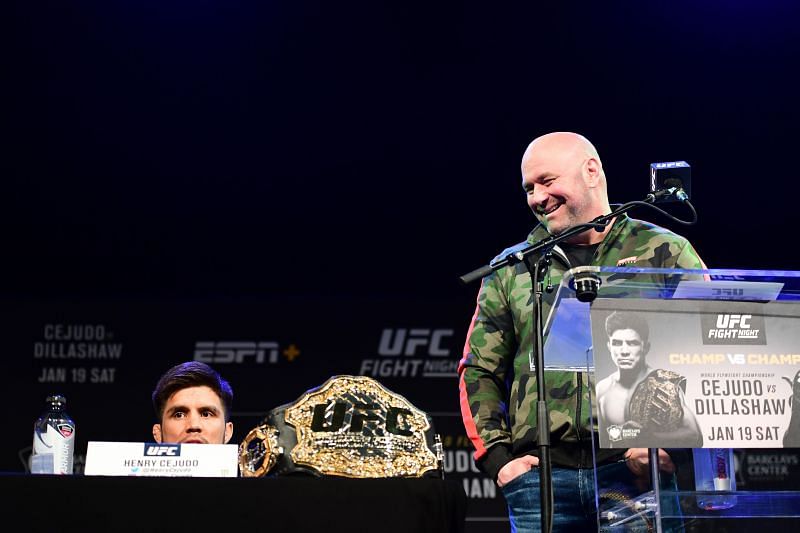
3 ways the UFC Venum fight kit deal affects fighters
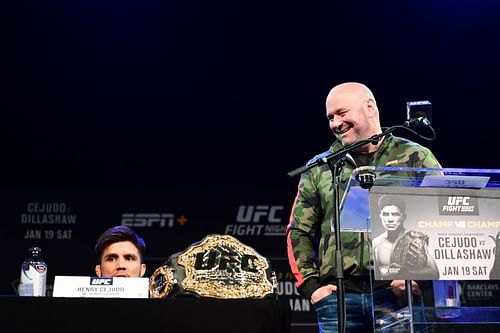
The referee lifting Nate Diaz’s right hand while he chugs "Stockton" almond milk with his left. Francis Ngannou’s outlandish driving entrance to the octagon in a brand new Ford Escort. Jan Blachowicz casually shines his light heavyweight belt with non-toxic ‘Warsaw’ polish as Bruce Buffer screams ‘and still’.
Perhaps at one time the UFC may have considered this level of brash fighter sponsorship inside the octagon, but the $70 million deal with Reebok in 2014 meant fighters lost control over what they could endorse during fight-week.
After the recent UFC 260 event, that deal with Reebok has officially ended (excluding footwear). From today and for the next ‘three or so’ years (according to UFC vice president Lawrence Epstein), the martial arts brand Venum will take Reebok’s place.
Let’s look at three ways the UFC Venum fight kit deal affects fighters.
3. Pay rise
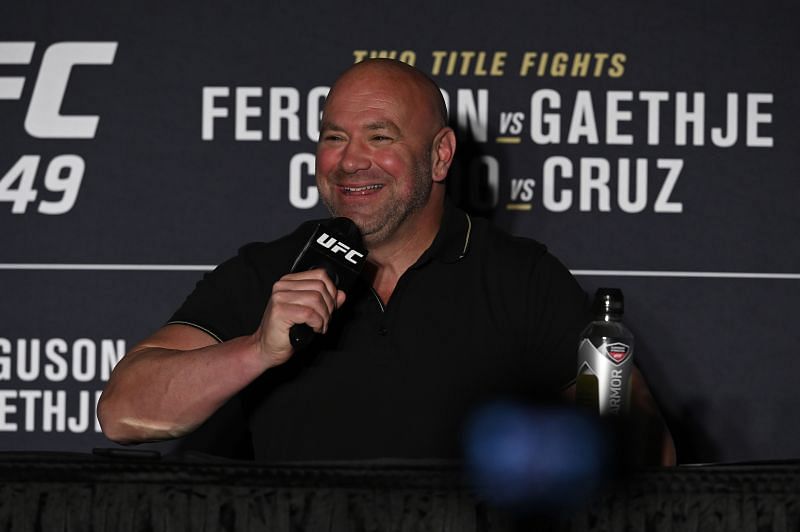
Grumblings from UFC fighters over the past seven years have centred around a decrease in overall earnings due to the nature of the Reebok deal, so perhaps they will be mildly pleased that the Venum reign brings with it a small pay bump.
The new increased amount depends on how many fights a fighter has competed in. Fighters who have fought five times or less will receive $500 more per fight, $1000 more if they have had six or more bouts and $2000 more if they are fighting for a title.
2. Better representation within the UFC
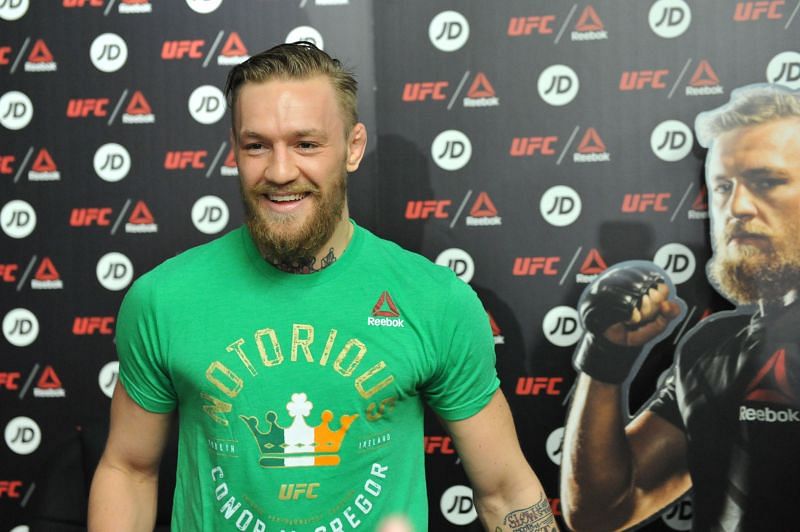
Only time will tell on this for sure, but it is hard to imagine Venum being as careless as Reebok.
Ever heard of a fighter called Anderson Aldo? Perhaps wishful Frankenstein-esque thinking from a UFC fanboy within the Reebok ranks, this Brazilian amalgamation of two separate fighters’ names is just one of the many embarrassing mistakes they made when it came to UFC merchandise.
The blunders didn’t end with apparel. Reebok made an in-house poster for UFC 189 that has a ‘Microsoft Paint while on a tilting boat’ vibe. To top it all off, during the official deal announcement, the Reebok CEO appeared to call Lorenzo Fertitta "Lorenzo Fatatta."
1. Less control
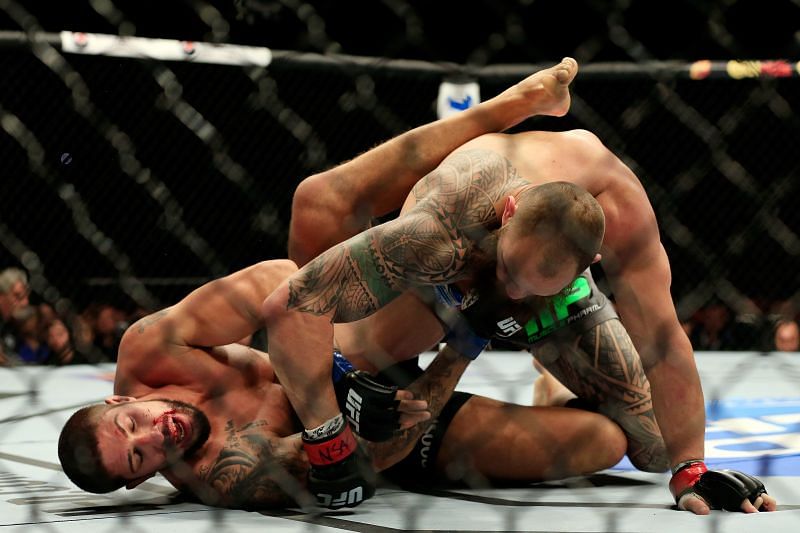
Apart from the marginal pay rise, most UFC fighters probably won’t care about this deal that much. Since the initial sponsorship tax in 2009, when the UFC charged outside sponsors $50K per octagon appearance, to the current fight-week sponsorship ban since 2014, fighters have felt the UFC’s grip on their earnings get tighter and tighter.
The likes of Brendan Schaub have openly criticized the Reebok deal, claiming he had made six-figures from sponsors prior to 2014.
As the UFC continues to grow exponentially worldwide, making lucrative deals with sponsors and TV channels alike, without the hope of any fighter unionization in sight, you could be forgiven as a UFC fighter for not getting excited about some new shorts with a snake logo next to a misspelled word.